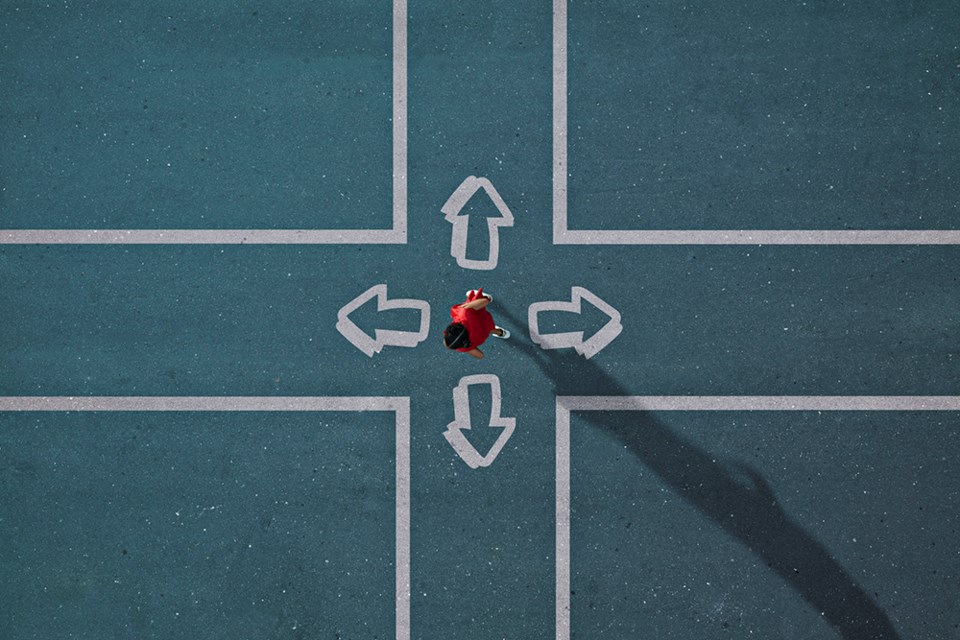It is evident that giving and buying stuff has gotten out of hand. A good example of this is evidenced by children’s toys.
Many children are overwhelmed with the number of toys they are given despite the fact that they often do best with simple household items or time in nature. This excess of things accustoms children to having more. Watch any designer show and it is pretty evident that more and the best of everything has become engrained.
We are trained to derive pleasure from buying. Who doesn’t like a new dress or new car or new toy? But why can we not be satisfied with what we have?
Magazines, social media, radio, television and pretty much all media are financed by ads encouraging us to buy more stuff. “Keeping up with the Joneses” is still a modus operandi. Often stuff breaks down, wears out, or goes out of style and then is replaced with more stuff. I suspect that many of us feel bogged down by too much stuff (I do), and yet we continue to buy more.
Many of you have likely seen rivers and the ocean overwhelmed with plastic. Exports of used clothing, toys, plastic, et cetera clog up overseas waste facilities and landfills to where they have been shipped by North Americans. Third world countries are suffocating with our waste and do not have the capacity to handle it nor should they.
Did you know that it takes 3,781 litres of water to make one pair of jeans, taking into account cotton production, manufacture, transport, and washing?
I am pretty happy when what I buy lasts for a very long time. When I was young I was taught to take care of my possessions. I still attempt to do this. I am keeping my car and my lawn mower until they die. To this end, I make sure that I have them serviced as required.
I would like to buy an electric car or electric lawn mower, but then where will the old ones go? My friend Jack told me about converting gas-consuming cars to electric. This technology is available in the United States and would make a huge difference to the number of cars being trashed or sold. We could keep our cars and convert them to electric and feel good about it.
I have returned things to Canadian Tire. I was shocked when an employee told me that returned items are thrown in the bin out back.
I recently bought a book called The Better World Shopping Guide. It classifies business according to ethics: human rights, the environment, animal protection, community involvement and social justice. If you want to find out if a company gets a good rating i.e. a star, A or B, you can reference this in the book or on the app called Better World shopping.
I believe that if we are going to spend wisely we need to use the power of our dollars to support those businesses that are ethical. It is evident that young entrepreneurs are catering to the sustainable market, taking into consideration their products’ or services’ carbon footprint. If we must continue to consume at least we can be smarter about it. We can also support those organizations that teach consumers how to repair our items. Buying stuff made locally also makes a huge amount of sense.
To add to these concerns is the impact that our high standard of living and our excessive consumerism is contributing to the climate catastrophe. People around the planet are dying because of the floods, fires and excess heat caused by excess carbon dioxide and methane flowing into our atmosphere.
As the wealthy are the biggest consumers, politicians need to address their huge carbon footprint as a consequence of consumption. It is overdue. Taxation would work.
Living simply. Even saying this causes a sigh of relief. I believe we need to simplify our lives and focus on human connection, simple recreation, appreciation for the natural world, exercise from walking and bikes, and connection to community. In the coming years as the planet warms we are going to need each other and not more stuff.
Cynthia Barnes is a member of qathet Climate Alliance.
Join the Peak's email list for the top headlines right in your inbox Monday to Friday.

